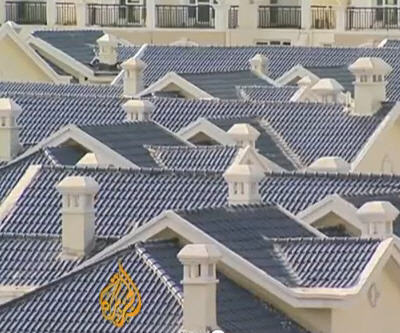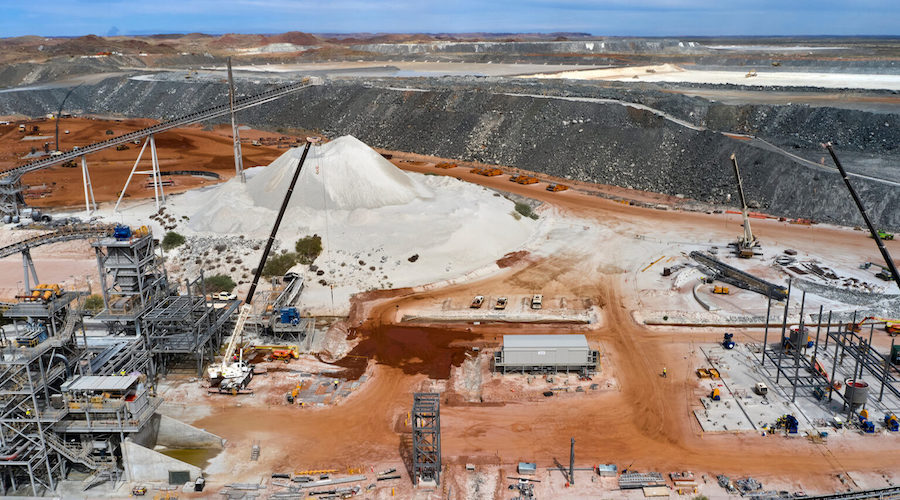Forget Greece, worry about China

While all eyes may be on the sovereign debt crisis in Europe or the ongoing jobs and budget battle in the U.S., Ian Bremmer says that the biggest economic concern is China, the world’s leading importer of both copper and iron ore.
Ian Bremmer, president of Eurasia Group, a global political risk research and consulting firm, hears lots of criticism about the hard decisions are being put off in both Europe and the U.S., and the literal can is being kicked down the road.
“The largest can that is getting kicked furthest down the road right now is clearly in Beijing,” says Bremmer who spoke to Bloomberg last week. (Link to story is currently down.)
“I feel very comfortable saying they are overheating in a very serious way right now.”
Bremmer says the Chinese economy has to be reset so there is more internal consumption. And the Chinese government should adopt an open and flexible Renimbi, the country’s official currency.
China’s closed economy is leading to perverse incentives, namely an over build in commercial and residential housing. Al Jazeera’s Asia correspondent Melissa Chan ran a profile of Ordos, a massive real estate development in Inner Mongolia built to hold over one million people but hardly anyone lives there.
Patrick Chovanec, a professor at Tsinghua University’s School of Economics and Management in Beijing, China and good blogger who has written extensively about China’s real estate bubble, says there are perverse incentives that are leading to the property boom, namely limited alternatives for saving; a market that has never experienced a property downturn; and a low holding cost for holding idle property, such as the absence of property tax.
“As I’ve frequently said, demand in China for real estate as an unproductive ‘store of value’ may be extremely persistent, but that doesn’t mean it’s sustainable. And the longer it persists, the more worrisome the overhang becomes,” says Chovanec.
{{ commodity.name }}
{{ post.title }}
{{ post.date }}




Comments